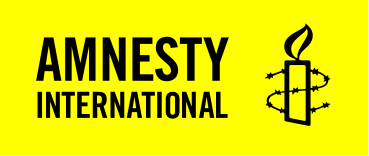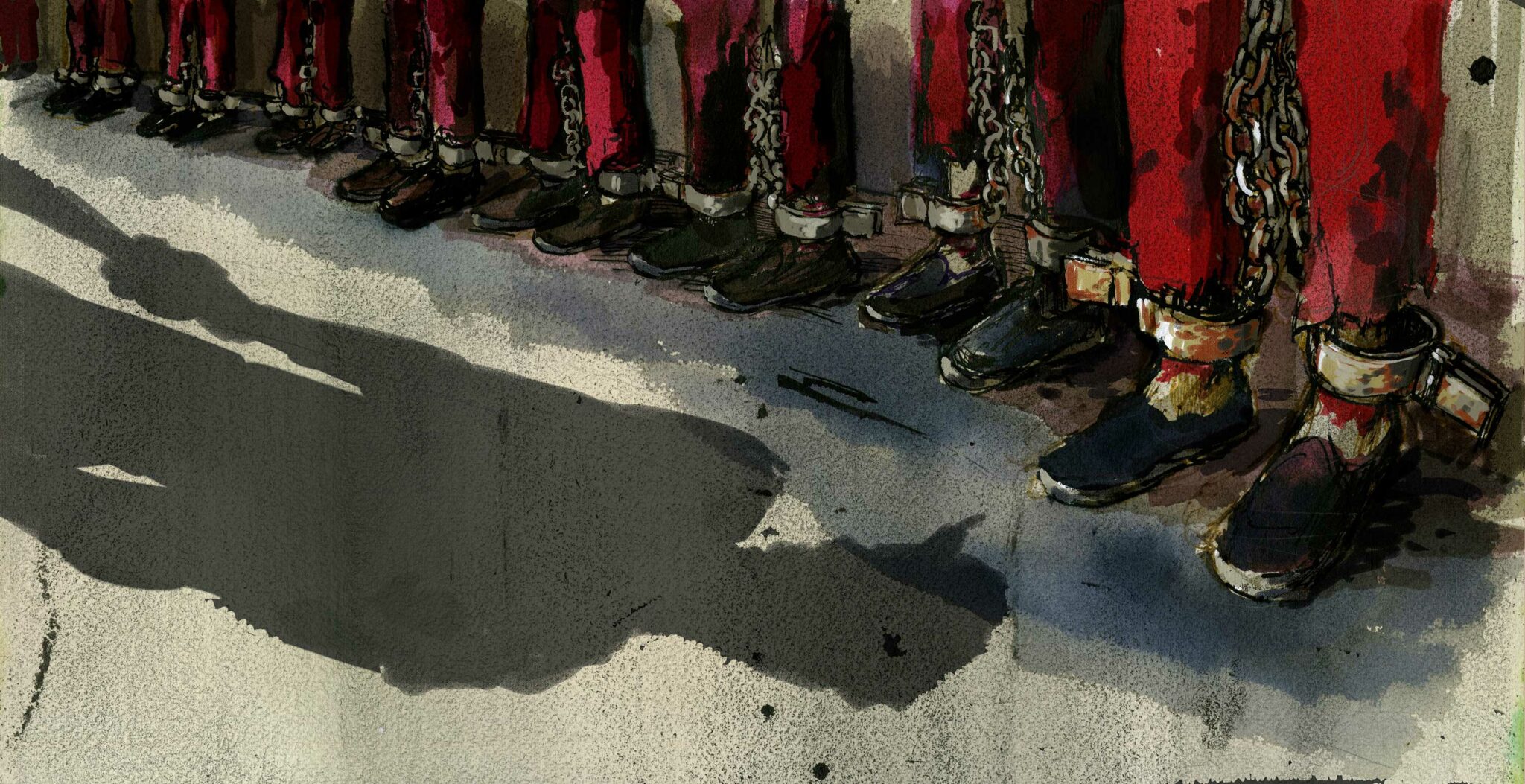Insufficient exercise, fresh air, and natural light
The majority of former detainees reported rarely, if ever, being allowed outside during their detention, except when walking from their cells to classes if the classroom was in another building. [[[Amnesty International interviews.]]] A minority were given a short time outside each day, often to do “military exercises”. [[[Amnesty International interviews.]]] Some were not allowed out at all for the first few months in the camps; later, they were given a few minutes a day during the remainder of their internment. [[[Amnesty International interviews.]]] Some were given time outside every couple of weeks. [[[Amnesty International interviews.]]] Anarbek, a former detainee who was also made to work as a guard at a camp said new detainees were not allowed outside during the first three months of their detention, after which they were allowed a half-hour outside per day. [[[Amnesty International interviews.]]] Talgat told Amnesty he was not permitted outside at all during the first half of his year-long detention, but in the second half he was permitted some time:
[For the first six months] we never saw sunlight. We were always in our cell. Only during interrogations [did we leave our cell]. One corner of the cell had [a window], but it was covered by a dark net. You could see a bit of the sky… We sat still all day. We ate food in our cell… The beds were in one room. Then there was another door beside the toilet, [which goes to a small area] with fresh air. There was a metal net [over this area]. We had one hour a day in this [outside enclosure]… before 2018 we would sit still all day. After 2018 we would sit still and then be allowed into that area. [[[Amnesty International interviews.]]]
For detainees who walked to class in another building, that was often the only time they got to walk or leave their rooms during the day. [[[Amnesty International interviews.]]] “The second camp was worse because [classes were held in our room and] there was no walk to class, so we were never outside,” Meryemgül said. [[[Amnesty International interviews.]]] A few former detainees said the only time they were ever outside was to empty the bucket they and their cellmates urinated in. [[[Amnesty International interviews.]]] Zhaina, who said she was sent to the camp because she had WhatsApp on her phone, told Amnesty she was never able to get any exercise or have sunlight or fresh air.
There was no fresh air. There was no sunlight. The windows [in the cell] were blocked… The only opportunity to go outside was to take the trash out. We were never outside, except at the very beginning when there were few people. Once more people arrived, we never went out… and once the number grew they stopped taking us to the canteen and brought food to our room. [[[Amnesty International interviews.]]]
Auelbek, who was detained for a reason related to religion, told Amnesty that during the three months he was detained in the first facility he was sent to, the only time he went outside was during an “evacuation” drill in case of an earthquake. “When we got out into the yard, we saw so many police pointing their guns at us, like we were enemies in a war.” [[[Amnesty International interviews.]]]
Former detainees often reported that their rooms were very cold. [[[Amnesty International interviews.]]] Abzal, who was sent to camp in one of the coldest parts of Xinjiang, told Amnesty he spent part of the winter in a cell with no heat, and that the shoes detainees were given were very thin and provided practically no warmth. “It was really, really cold,” he said. [[[Amnesty International interviews.]]]
Many former detainees reported that there was little or no natural light in their cells. [[[Amnesty International interviews.]]] The rooms usually had either no windows or one very small window, often covered. [[[Amnesty International interviews.]]] “There was a metal net over the window so no finger could reach the glass. And the window was covered by [political] slogans. You couldn’t see outside… we sat in a chair the whole day from December to April… during these four months we never saw the sun,” Aibek said. [[[Amnesty International interviews.]]]



